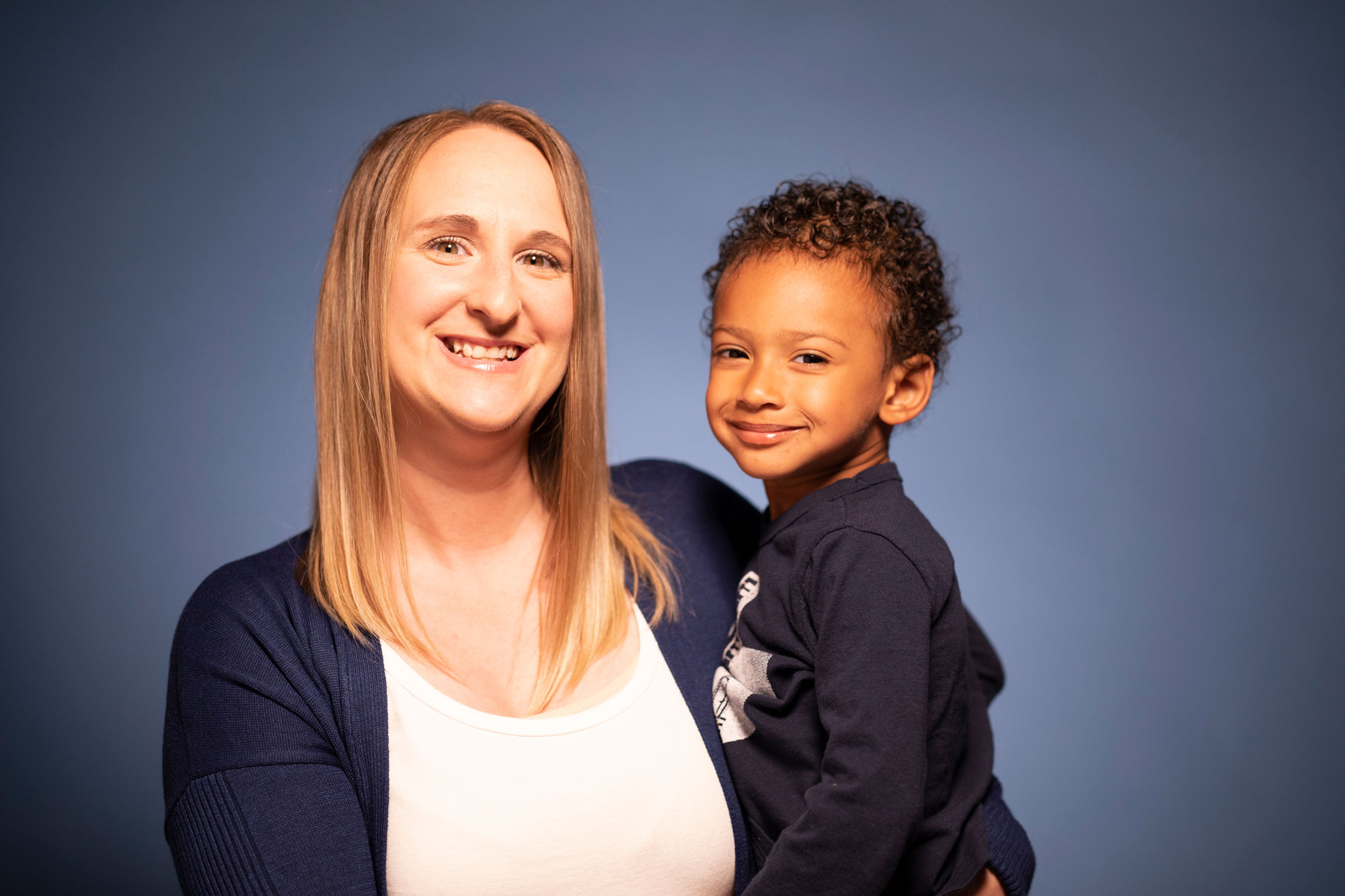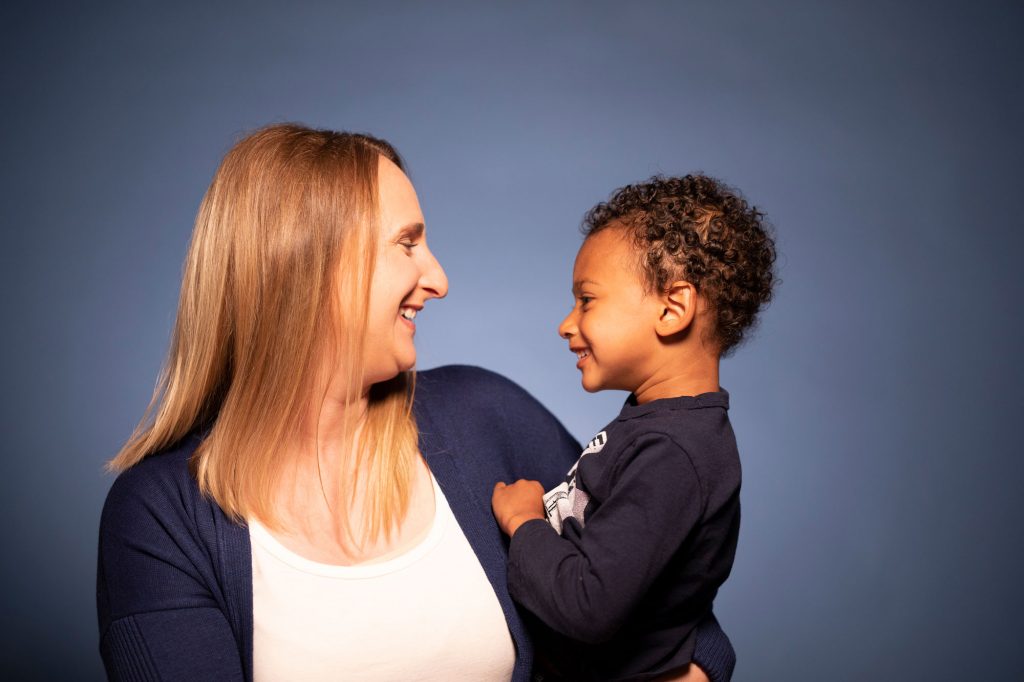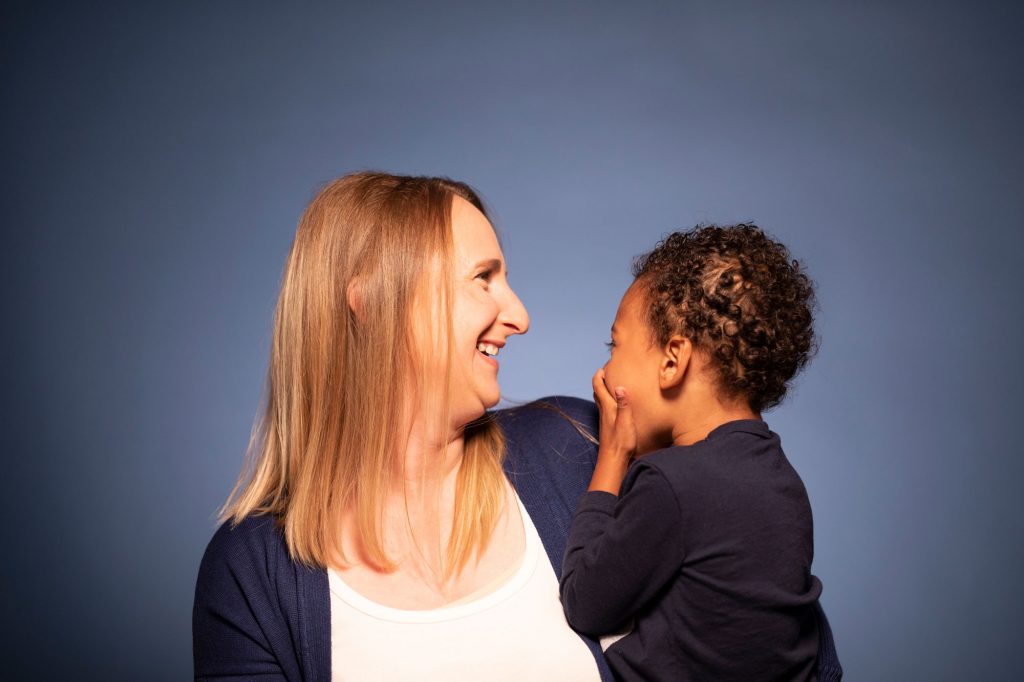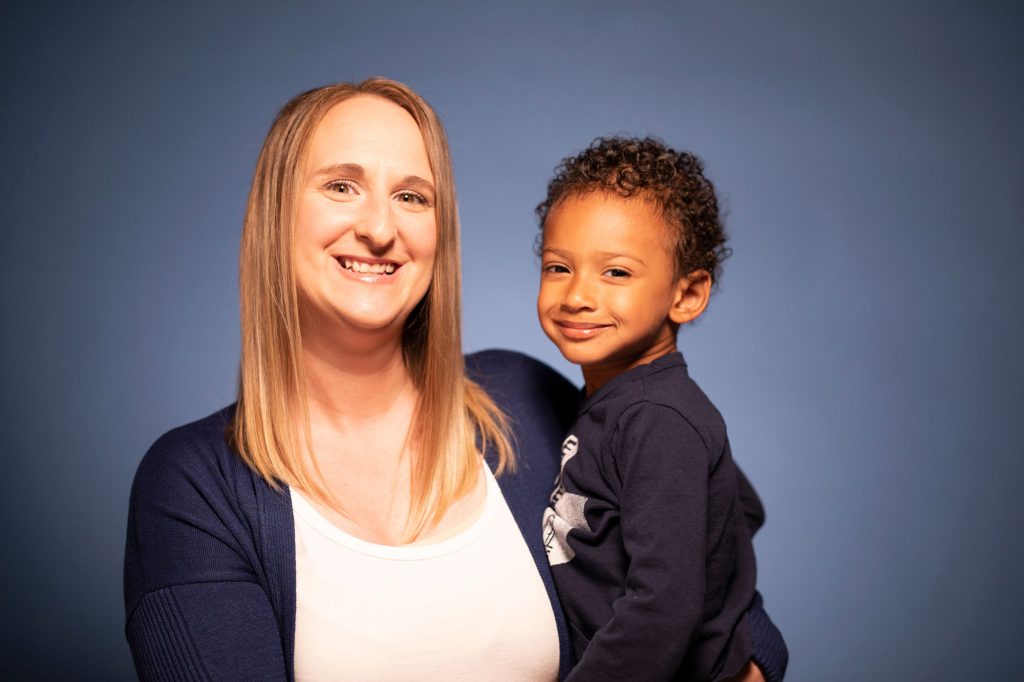
Step Up To Quality Stories
How to Advocate for Your Child in Early Childhood Education Settings
Even though I have a college degree in early childhood education, even though I’ve worked and taught in the field for more than a decade, even though I am well-versed in the research and best practices in the classroom, my husband and I brushed off warning signs when we placed my son in his first preschool. It was not the right fit, to put it mildly.
Which tells me, it can happen to anyone.
Play is How Children Learn
When you’re looking at child care or preschool options, a great place to start is Step Up to Quality. They rate homes, centers and preschools on the most current standards in early childhood education. Programs that are in Step Up to Quality are showing a real commitment to their kids, which is the most important foundation.
Your options may be limited for a variety of reasons. My husband and I were looking for a preschool close to our home that offered part-time education and was affordable. We heard word-of-mouth recommendations and thought we had found a great place.
Except during our initial tour, I saw some things that bothered me a little. I ended up convincing myself they weren’t important, including:
- Preschoolers were shuffled through five different rooms in two hours – which I had never seen before and isn’t a deal-breaker on its own but…
- They were at the center for 75 minutes before they were allowed unstructured play – and study upon study, plus my own experiences, have proven to me that play is the undisputed way children learn.
- The teachers prioritized “product art” over “process art” – some programs want to give parents cute art that will look good on a refrigerator so they over-direct it, versus giving kids the art supplies and letting them create what they want to create, even if it’s “ugly.”
I told myself I had unrealistic expectations, and we enrolled our son. He was there six times, two hours each time. They saw him for 12 total hours, and they told me I needed to have my son evaluated for behavior concerns.
No One Knows Your Child Better Than You
Let me tell you about my son.
He’s an amazing child. He’s a go-getter, he’s inquisitive and active, and he loves to explore. He spends a lot of time outside. He had never been in a classroom before – my mom watched him for the first three years of his life while my husband and I worked.

I recognized that when he turned three, he needed that social side of development.
At this preschool, his teachers told me he talked all the time.
My response was, he’s only there for two hours! What he needs to do is be talking.
Ultimately, he did everything he could to get attention, which translated to disruptions.
So he got sent to the office. He got put in time out.
They prioritized punishment over figuring out how my child learns. Needless to say, we pulled him out of that center after those six sessions.
The Cycle of “Bad”
My son’s behavior was unacceptable. I’m not condoning his behavior.
But if teachers are so focused on punishing a child, instead of “how can I support this child so he can be successful,” it’s a disconnect. Research tells us that punishment for young children does not change or improve undesirable behavior.
In our case, the teachers were so focused on our son being the problem, they failed to look at themselves to see how they could support our family.
Let me tell you about my son.

He’s re-directable. He’s empathetic, he cares and he listens to reason. His level of language is beyond anything I could have ever wanted at this time. He has all these pieces in place that could allow him to be successful.
But if he’s seen as disruptive or as an inconvenience, and adults don’t adjust how they deal with him, they risk killing a vibrant spirit so early and so young. All children don’t have to sit and listen. There are strategies and research about how to take children who are very active all day, and allowing them to be successful in a group setting.
The worst-case scenario is teachers telling children at a very young age that their personality is not right. Kids don’t know enough to know why; they just think they’re “bad” and people are mad at them. It becomes a self-fulfilling prophecy – they’re good at being “bad,” so they just continue being “bad.” It’s easier being “bad” than going against who they are as a person.
How It Should Work
If you as a parent get the message that your child is struggling at child care or preschool, you have to know your child and trust that they are their own unique special being who should be valued and supported.
If you are only being told that it’s your child and something is “wrong” with your child, you need to ask the teacher, “What are you doing to help?” Even if your child is being disruptive or not listening. Your teacher should be able to tell you, “I’ve done this and this and this.” The dialogue has to be open on both ends. Maybe the next step is a conversation about other interventions or evaluations. But your child’s education is not a one-way street.

You are the expert at your child. You have every right and you should feel confident that you can question an educator. Now having been on both sides of that conversation, I feel stronger than ever that the communication should be back and forth.
Feel empowered to say:
- “This motivates my child.”
- “My child is successful when this happens.”
- “This is what’s best for my child.”
You are your child’s voice. Especially when they’re super young, children can’t always articulate what they need.
Advocate for your family – your input should be welcomed and expected from your child care provider.
A Much Better Fit
My son has since been enrolled at a new preschool in our community. He is still attending half-day sessions. His new preschool values play and incorporates developmentally appropriate practices into every aspect of their program.
But what impressed us the most was that they value my son’s voice and embrace his personality. The reports from school are a night and day difference to what we were hearing before, and most importantly, how they talk about our child.

This experience has proven to me first-hand why we as parents need to feel empowered to be our child’s advocate. It is important that we as parents feel comfortable and confident to have open conversations with our child’s teachers and providers about what ways they are supporting our child’s development.
We found a place that will be a partner with us in our child’s development – and so can you. If you have concerns that your child’s current placement is not the best fit, Step Up to Quality can be a perfect first step in finding the best place for your child.
